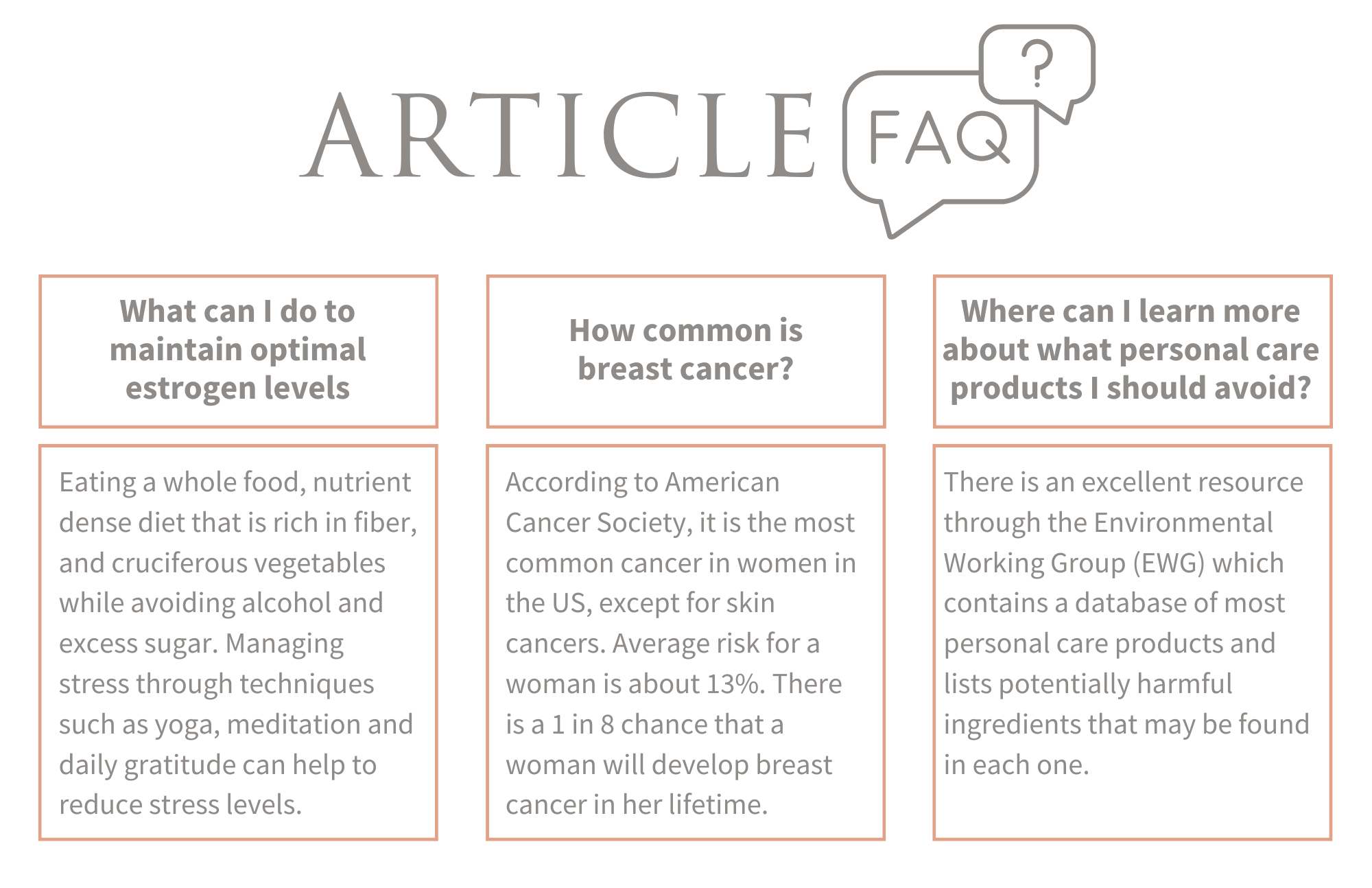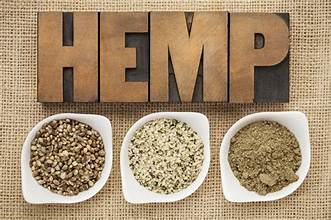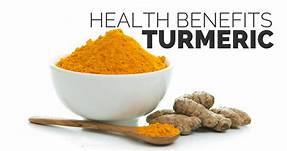

Growing up, I had no idea how my mouth breathing was negatively affecting me. When I began practicing yoga in my twenties and learned to inhale through my nostrils, it gave me a sense of calmness during challenging practices. The breath is an amazing tool to help reduce stress and is a fundamental part of our daily lives. Not all breathing techniques are created equal. The choice between mouth breathing and nose breathing can majorly impact one’s health and longevity. Knowing the difference between the two can help you improve your health and well-being. While both nose and mouth breathing serve essential functions, nose breathing is the optimal choice!
Carolina Total Wellness focuses on promoting nose breathing over mouth breathing. We align with the growing research showing numerous benefits of nose breathing for physical and mental health.
Benefits of Nose Breathing
Nose breathing refers to inhaling and exhaling air through your nostrils. Here are some benefits of nose breathing:
Air Filtration System: The nasal passages are filled with tiny hairs (cilia) which help to filter and trap dust and other particles from entering your respiratory system. This filtration system reduces the risk of respiratory infections and allergies.
Temperature Regulation: Your nasal passages warm or cool the air before it enters your lungs, making sure the air is at a suitable temperature for optimal respiratory function. This is particularly important in extreme weather conditions.
Humidification: When bringing air in through one’s nasal passages, the air gets humidified. This helps prevent dryness in the respiratory tract. This is key for maintaining the health of lung tissues and preventing irritation.
Nitric Oxide Production: Breathing through the nose stimulates the production of nitric oxide, a gas that plays a crucial role in various body processes. Nitric oxide helps improve oxygen absorption in the lungs, enhances blood circulation, and has antimicrobial properties.
Diaphragmatic Breathing: Nose breathing encourages deeper, more efficient breathing patterns and better lung expansion. This promotes better oxygen exchange in the alveoli, the tiny air sacs in the lungs.
Improved Sleep Quality: Individuals who breathe through their noses tend to have better sleep quality. Nose breathing may reduce the likelihood of snoring and obstructive sleep apnea, leading to a more restful night’s sleep.
Calming Effect: Nose breathing is associated with activating the parasympathetic nervous system, which promotes relaxation and reduces stress levels. Nose breathing is encouraged and can be beneficial while meditating and practicing mindfulness.
Oral Health Benefits: Saliva plays a crucial role in preventing dry mouth. Nose breathing can reduce the risk of dental issues such as cavities and gum disease.

Drawbacks of Mouth Breathing
Now that you know the benefits, let’s look at the drawbacks of mouth breathing.
Unfiltered Air: The hairs in your nose act like a filtration system, and mouth breathing will bypass the nasal filtration system. This allows pollutants, allergens, and pathogens to enter the lungs unfiltered, increasing the risk of respiratory issues.
Dryness and Irritation: Mouth breathing leads to dry mouth and throat, resulting in discomfort and increased risk of throat infections and oral health problems.
Reduced Oxygen Efficiency: Mouth breathing may lead to shallow breathing and less effective oxygen delivery to the body. This can cause the feeling of fatigue and reduced physical performance.
Facial Development Issues: In children, mouth breathing can affect facial and dental development. Over time, it may alter facial structure and lead to issues with misalignment of teeth.
Sleep Disruptions: Mouth breathing is commonly associated with sleep apnea and snoring. This leads to issues with daytime drowsiness and fragmented sleep. This may have a significant impact on one’s overall health and cognitive function.
Increased Anxiety: Shallow breathing can trigger a fight, flight, or freeze response, which will exacerbate anxiety levels. Habitual mouth breathing is linked to increased feelings of anxiety and stress.
Both mouth breathing and nose breathing serve vital functions, yet nose breathing is favored for its numerous health benefits. Nose breathing provides effective filtration, humidification, and temperature regulation of incoming air, promotes better oxygen exchange, and supports overall respiratory health.
Mouth breathing is sometimes necessary in certain situations, such as when the nasal passages are blocked or during intense physical exertion. However, mouth breathing can lead to several health issues. I encourage individuals to consciously practice nose breathing whenever possible for optimal health.
For those struggling with nasal breathing due to allergies or other issues, please consult with your Functional Medicine healthcare professional, who may help identify underlying causes and appropriate interventions. You can also work with a Health Coach who can help and support you through lifestyle intervention to decrease stress and promote optimal well-being.
To schedule an appointment with one of our certified Functional Medicine Physicians, please give us a call. We are excited to partner with you on your journey to optimize your health and wellness through personalized care tailored to your unique needs.
919.999.0831

Your Partner In Health,
Barrie Altman-Timmins
Health Coach Carolina Total Wellness
FAQ
When is it best to be nose breathing?
It is especially beneficial to nose breathe during rest, sleep, and low-intensity activities.
How can I practice nose breathing?
Certain breathing practices promote nose breathing, like box breathing, alternate nostril breathing, and diaphragmatic breathing.
How can nasal breathing reduce stress?
In times of stress, nasal breathing can turn on the parasympathetic nervous system (rest & digest). If your body detects nasal breathing and a slower, deeper, more mindful breathing pattern, it will signal that you are safe and increase the relaxation response.























